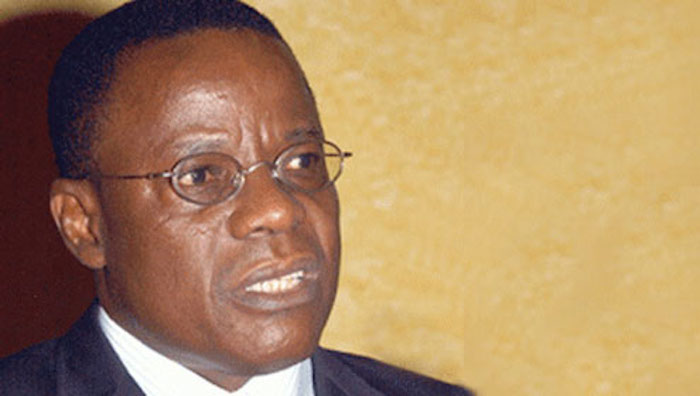BREAKING: Prof. Maurice Kamto Confirms Exit from CRM, Joins MANIDEM as Presidential Candidate
BaretaNews – July 19, 2025 | Yaoundé Desk
In a stunning political twist, Professor Maurice Kamto has officially announced that he is no longer the President of the Cameroon Renaissance Movement (CRM). During a press conference held today in Yaoundé, Kamto confirmed that he resigned from the CRM on June 25, 2025, ending years of leadership within one of La République du Cameroun’s most prominent opposition parties.
Kamto further disclosed that just two days later, on June 27, 2025, he joined MANIDEM (Movement Africain pour la Nouvelle Indépendance et la Démocratie), a left-wing Pan-Africanist party long rooted in grassroots resistance and anti-imperialism.
On July 16, 2025, Kamto was officially invested as MANIDEM’s presidential candidate, positioning himself once again at the heart of the national political battlefield—this time under a different ideological banner.
“The context has changed. My vision for the future of Cameroon required a new platform. MANIDEM offered that clarity,” Kamto stated at the press briefing.
This revelation puts to rest weeks of speculation about internal rifts within the CRM and growing tensions over electoral strategy. It also signifies a major political realignment just months before the next presidential election.
What Does This Mean for Southern Cameroons?
While Kamto’s move may stir debate within Francophone political spaces, many in Southern Cameroons remain skeptical of any political rearrangement within the structure of La République.
For Ambazonians, this is yet another act in a deeply flawed and illegitimate system that continues to ignore the ongoing war, humanitarian crisis, and the demands for total decolonization in the Anglophone regions.
A Buea-based activist reacted bluntly:
“CRM or MANIDEM, it’s still Yaoundé politics. We are focused on liberation, not elections in a foreign system that kills our people.”
As Maurice Kamto embarks on a new political journey, the lines between reformist ambitions and revolutionary resistance remain clearly drawn.
One thing is certain: the political temperature in both La République and Ambazonia is rising—and the people are watching.





